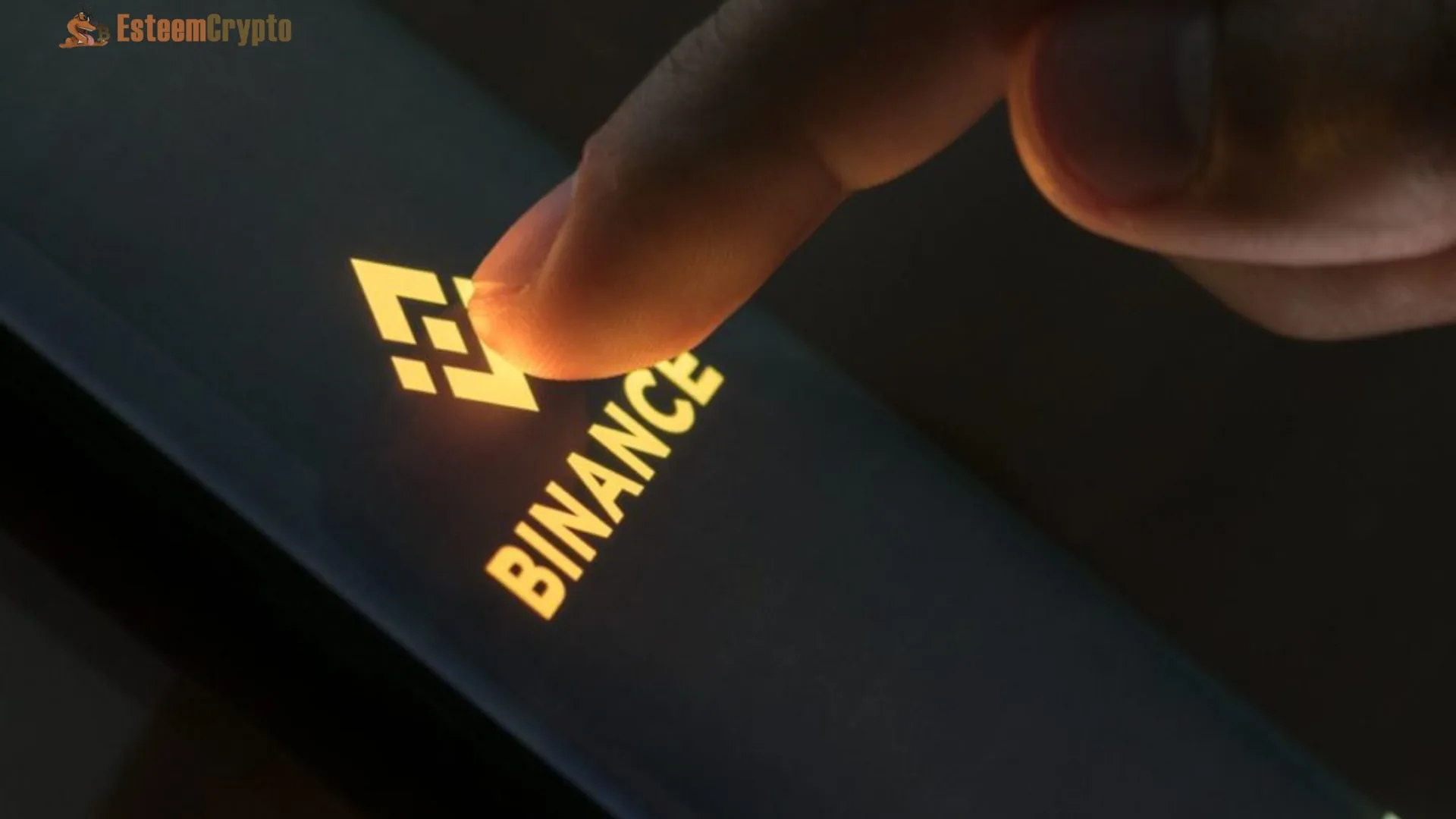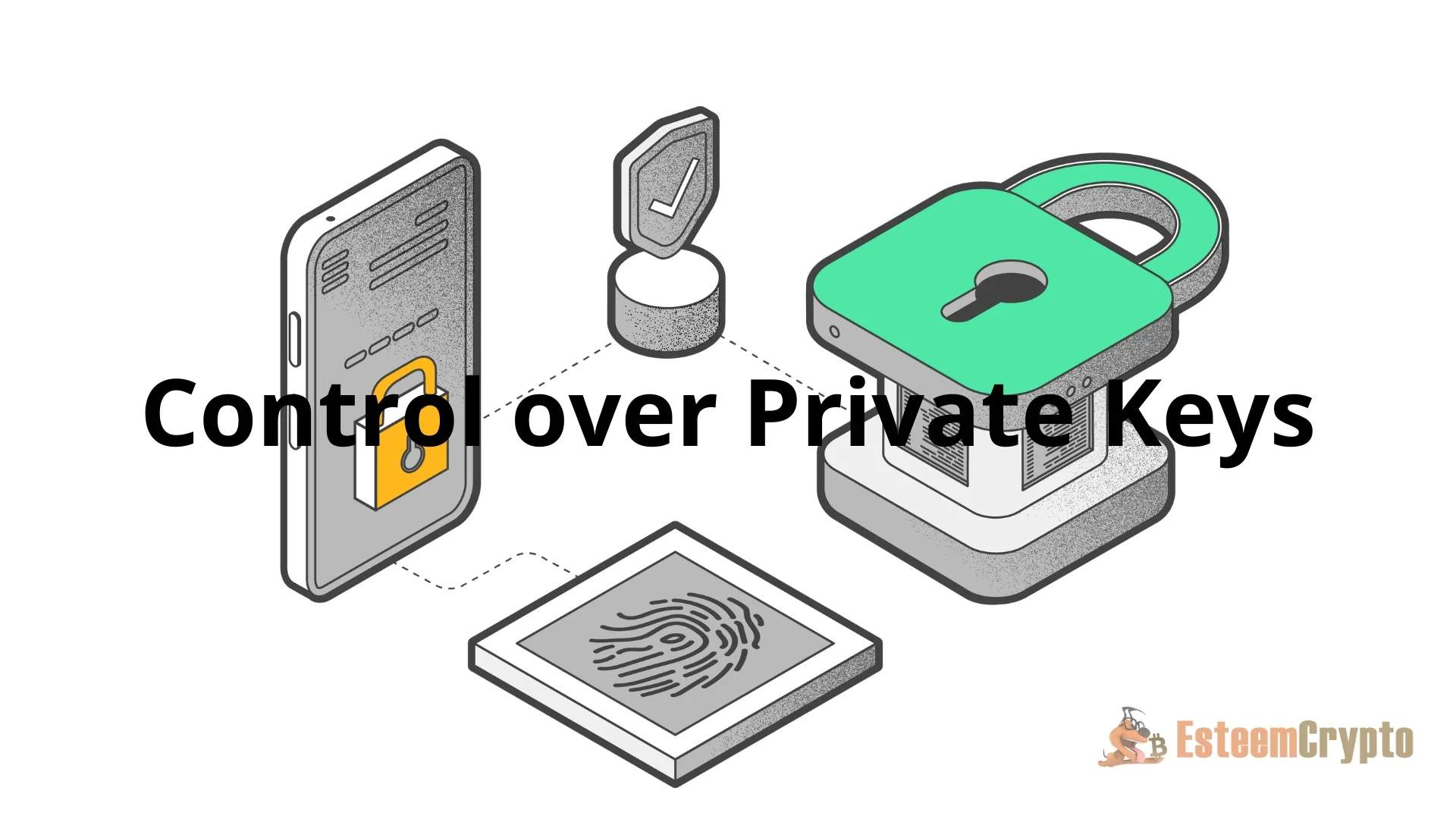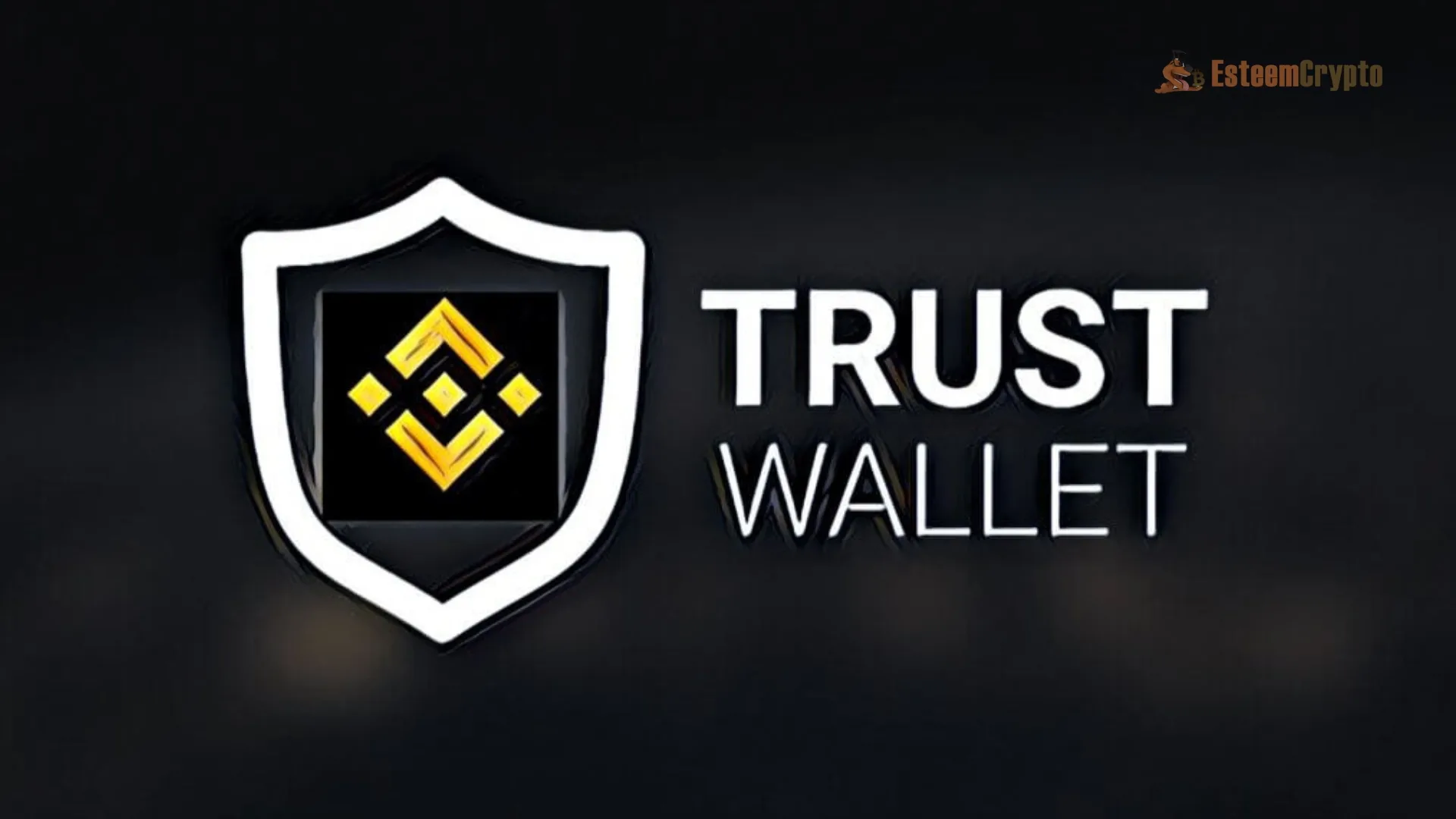Using wallets is one of the most basic ideas newcomers to the Bitcoin world must grasp. Virtual currency wallets facilitate storing, managing, and transferring digital assets such as Bitcoin, Ethereum, etc. Many people use Binance, one of the most prominent cryptocurrency exchanges in the world, as a wallet. But that’s just the tip of the iceberg. Binance is an all-inclusive platform for buying, selling, and trading digital assets; it offers considerably more than mere wallet functions.
This article will examine Binance, a cryptocurrency wallet, and its features, functioning, security measures, comparisons to standalone wallets, and role in the ecosystem.
What is a Crypto Wallet?
You must know what a cryptocurrency wallet is before entering Binance’s details. A cryptocurrency wallet is a software that facilitates transactions on blockchain networks. It allows users to send, receive, and keep track of their cryptocurrency holdings by storing the private and public keys linked with those assets. Various forms of wallets are available:
- Hot wallets: online wallets that are easy to use but more susceptible to hackers.
- Cold wallets: Hardware wallets and other offline storage methods are more secure but inconvenient for daily use.
- Custodial wallets: Wallets in which the private keys are stored by an intermediary, like an exchange.
- Non-custodial wallets: Digital wallets let users fully own their private keys.
Binance as a Wallet
The primary function of Binance is to act as a cryptocurrency exchange; however, it also serves as a service that provides custodial wallet assistance. The site will store these assets when you deposit cryptocurrencies into your Binance account. Because of this, Binance is considered a custodial wallet because it is the platform that stores the private keys to your assets.
Key Features of Binance’s Wallet Functionality
With Binance’s wallet feature, users may store and manage more than 350 cryptocurrencies. Its fully integrated trading platform makes asset buying and selling a breeze. Strong security measures, including cold storage and two-factor authentication, guarantee the preservation of assets, and the mobile app gives access to the wallet wherever you are.
Multi-Currency Support
If you want to keep many assets in one location, Binance is a good option because it supports many cryptocurrencies. Hundreds of various cryptocurrencies, including Bitcoin (BTC), Ethereum (ETH), Binance Coin (BNB), and a plethora of altcoins and tokens, are supported by Binance as of 2024.
Integrated Trading Features
Integrating smoothly with Binance’s trading platform is one of the main benefits of Binance as a wallet. Users can quickly trade, purchase, and sell digital assets straight from their wallets without moving funds to a different site.
Mobile Wallets and DApps
Users may easily manage their cryptocurrency holdings on the move with Binance’s mobile app, which includes wallet functionality. Users may now stake, engage in yield farming, and participate in decentralized finance activities without ever leaving their Binance wallet, thanks to the integration of decentralized applications (DApps) and decentralized finance protocols.
Security Measures
When using a custodial wallet, security is of the utmost importance. Binance has put multiple security measures in place to safeguard customer funds. These include two-factor authentication (2FA), withdrawal allowlist choices, and cold storage for many assets. The Secure Asset Fund for Users (SAFU) at Binance acts as a safety net to compensate impacted users in a security breach.
Binance vs. Standalone Wallets
There are significant distinctions between utilizing Binance as a wallet and choosing independent wallets such as MetaMask, Trust Wallet, or Ledger, even though Binance acts as a wallet.
Control over Private Keys
Where private keys are kept is a critical distinction. Users do not have complete control over their cryptocurrency holdings on Binance because the company controls the keys to their cash. On the other hand, users with non-custodial wallets are responsible for both the security of their private keys and total control over their assets.
Security and Trust
Because they keep your private keys offline, standalone wallets—particularly cold wallets like Trezor or Ledger—are considered safer. However, while custodial wallets like Binance’s are convenient, they require confidence. For Binance’s security mechanisms to work, users have to have faith that the exchange will not be hacked.
Ease of Use
Binance provides an intuitive interface, which is particularly helpful for newcomers. Its integration of trading, staking, and other crypto-related activities offers a one-stop solution for managing digital assets. For example, users of standalone wallets may need to engage with other sites regarding trading or staking.
Is Binance a Wallet You Can Trust?
Because Binance is a custodial wallet, users place a premium on the platform’s reliability. Although Binance has a stellar reputation, it faces the same challenges as any other major exchange. The possibility of security breaches is ever present, and the exchange has been subject to regulatory scrutiny in various countries. The user compensation fund (SAFU) and Binance’s stringent security measures have earned the exchange a solid reputation.
With Binance, investors of all experience levels may take advantage of its wide variety of trading choices and wallet services, making it an ideal platform for cryptocurrency trading.
The Role of Binance in the Crypto Ecosystem
Binance is a major player in the cryptocurrency ecosystem as a whole, being one of the biggest exchanges in the world. In addition to serving as a wallet, Binance provides several other services, such as trading in futures, staking, and even a platform for new coin launches. Over time, the platform has integrated wallet features, trading, and decentralized finance (DeFi) to become a one-stop shop for Bitcoin consumers.
Additionally, Binance’s recently released blockchain technology, Binance Smart Chain (BSC), has grown into a significant player in the DeFi ecosystem. As Binance’s ecosystem grows, the line between an exchange and a wallet becomes blurry.
Further Read: Telegram Premium Crypto: Unlocking Cryptocurrency Opportunities
In summary
Finally, Binance isn’t just a wallet—it’s much more than that. Convenience, built-in trading capabilities, and access to many cryptocurrencies and DeFi apps benefit this custodial wallet. Customers, though, need to consider the benefits of convenience vs the dangers of giving a third party access to their private keys.
If you value convenience and a comprehensive suite of cryptocurrency services, Binance is a great choice. Users prioritizing privacy and independence from third parties may benefit more from a non-custodial wallet. In the end, Binance acts as a link between basic cryptocurrency wallets and a full-fledged digital asset management system, catering to the needs of both novice and seasoned traders.
FAQs
Q1.Is Binance a crypto wallet or an exchange?
Binance is primarily a cryptocurrency exchange but also functions as a custodial wallet. When you deposit funds on Binance, the platform holds your assets and private keys, allowing you to store, manage, and trade cryptocurrencies within its ecosystem.
Q2.Can I store multiple cryptocurrencies on Binance?
Yes, Binance supports a wide range of cryptocurrencies—over 350 different assets, including major coins like Bitcoin, Ethereum, and Binance Coin, as well as many altcoins and tokens. You can store, trade, and manage these assets directly from your Binance wallet.
Q3.Is my crypto safe on Binance?
Binance takes several measures to protect user funds, including two-factor authentication (2FA), cold storage, and the SAFU (Secure Asset Fund for Users) insurance fund. However, since Binance is a custodial wallet, users must trust the platform to secure their assets, which still carries some risk compared to self-custody options.
Q4.How does Binance compare to standalone wallets like MetaMask or Ledger?
Binance is a custodial wallet, meaning it holds your private keys, whereas standalone wallets like MetaMask and Ledger are non-custodial, giving you full control over your private keys. Binance offers integrated trading features and easy access to DeFi services, but standalone wallets are generally considered more secure due to their self-custody nature.













